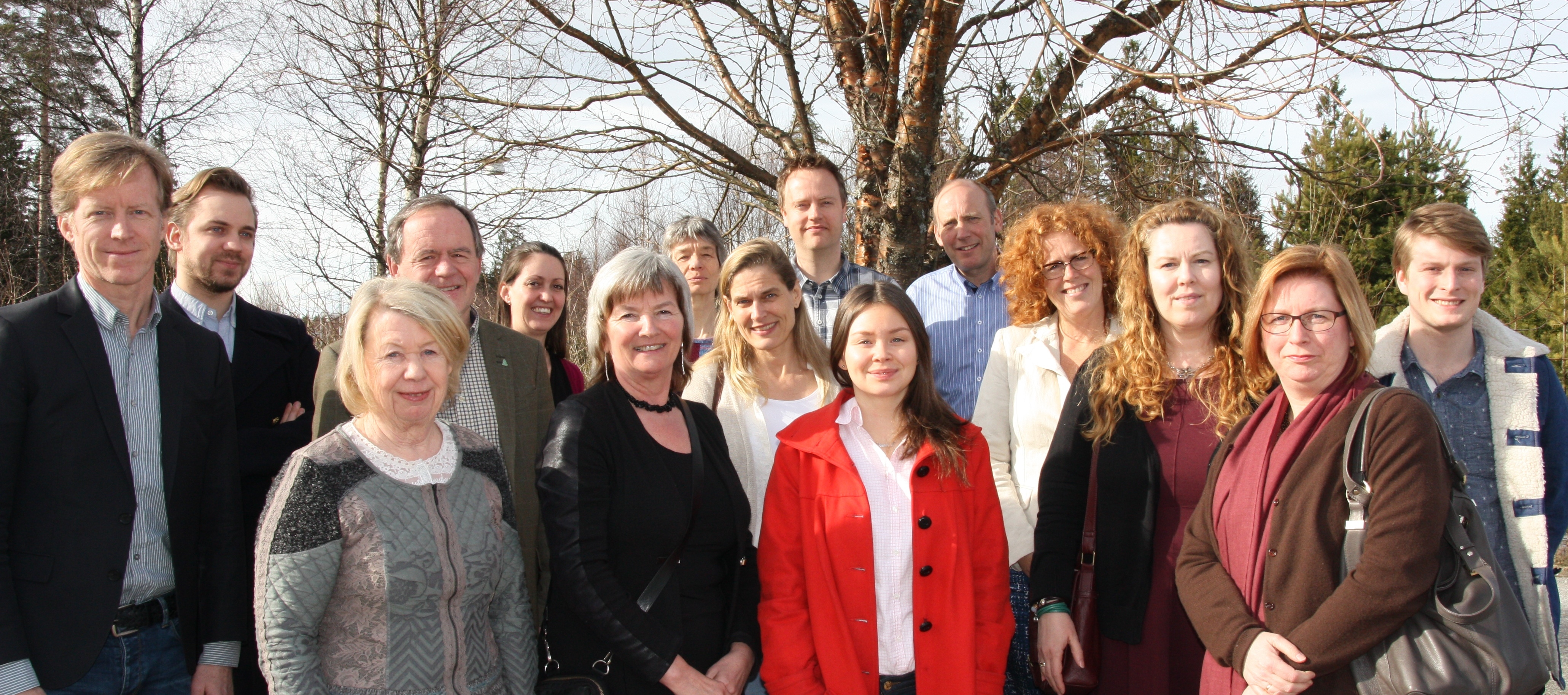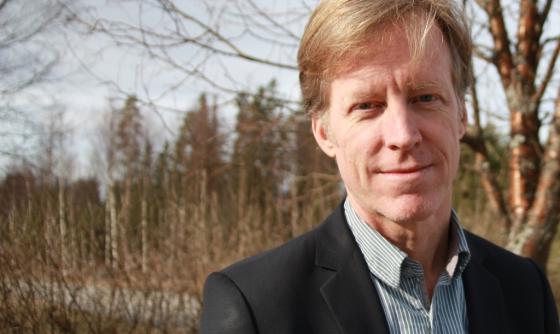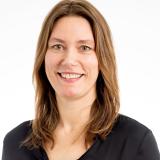New committee with gender+
For 10 years the KIF Committee has worked to improve gender balance in the research sector. The new committee has been expanded by three members and will have a broader sphere of responsibility beginning this spring.
The third Committee for Gender Balance in Research (the KIF Committee) concluded its work on 31 December 2013. The new committee recently gathered for its first meeting to discuss a variety of issues, including its new mandate.
The Ministry of Education and Research – which appointed the committee – has suggested adding diversity to the mandate for the committee’s work. The mandate would not include all grounds for discrimination, and the ministry has asked the KIF Committee to play an active role in formulating the mandate.
“Diversity and inclusion should be key values in working life. It’s positive that the government is encouraging the committee to explore how we can help to shine the spotlight on these values,” says Professor Curt Rice, chair of the new KIF Committee.
Gender balance – and…?
The Committee wants to get started quickly with its priorities and make recommendations on a new mandate.
“The part of the mandate that involves gender balance needs only small adjustments and does not require us to do much preparation. I expect that we will complete this task in our next meeting,” says Rice.
“The challenge comes from the ministry’s request to consider expanding the mandate to include diversity and not only gender. For that part of the mandate we need a better overview of the facts.”
To work with ethnicity, for example, the KIF Committee needs answers to more questions so the committee knows what it should prioritize, according to Rice.
“We need a better overview of the actual situation. What is the state of affairs and where are the problem areas in academia? For instance, what is the career path like for immigrants and their children?”
In its letter to the KIF Committee, the Ministry of Education and Research writes that the arguments for gender balance in academia are also relevant for diversity in general. A lack of gender balance represents an under-utilisation of talent, and gender balance in itself may be a driving force for quality, in part because research questions are approached from several different perspectives. According to the ministry, the same is true for diversity in general.

A static budget
Ever since the KIF Committee was launched in 2004, the budget has remained the same. There has not been a budget increase or adjustment for inflation in 10 years.
Chairman Rice thinks the Ministry of Education and Research now understands that it must put more money on the table to get the job done.
“Previous KIF Committees made over 40 institution visits. The feedback and results show that these have been important for the sector and for the government’s goals for the committee. The new committee wants to continue the visits, although we want new types of activities as well.”
“This requires both good administrative support and latitude in the budget. Since the new government has already decided to continue the KIF Committee, I’m confident they will give us a good framework that will produce good results.”
“In an interview with Forskerforum, Mari Teigen, among others, links an expanded mandate to more resources and expertise for the committee. What is your feeling about this?”
“Teigen’s statement is sensible. Luckily the government’s request has come from experienced politicians who understand that resources are needed to implement any initiative, including an expanded mandate for the KIF Committee.”
Soon ready
The new committee has been expanded by three members to strengthen expertise on more than gender balance and gender equality. In the next meeting at the end of May, the Committee will draw up a recommendation for a new mandate with input from external experts.
When the KIF Committee knows how much funding it has at its disposal, the recommendation will be submitted to the Ministry of Education and Research. The ministry will determine what the final mandate will be.
The Ministry of Education and Research still wants the KIF Committee to be a driving force in the research sector, and wrote the following in its letter to the KIF Committee:
It is desirable that the new committee continues to promote development within the sector, generate ideas, spearhead activities and act as a driving force. The ministry therefore wants to actively involve the committee in formulating a new mandate. Plans call for the mandate to be completed in spring 2014.
Translated by Connie Stultz.
The fourth KIF committee has been appointed to serve from 1 January 2014 to 31 December 2017. It is chaired by Professor Curt Rice.
The new committee gathered for its first meeting 10 and 11 March 2014.
Members:
Curt Rice (chair)
Ingrid Guldvik
Tor Grande
Synnøve Hofseth Almås
Elisabeth Ljunggren
Martin Stølevik
Jesper Simonsen
Silvija Seres
Mahmood Reza Amiri Moghadam
Solveig Maria Figenschou
Helge Lie Schwitters
Deputies:
Arne Bardalen
Monica Fengsrud Brinchmann
Sevil Sümer
Hege Torp
Truls Melsbø Årseth



